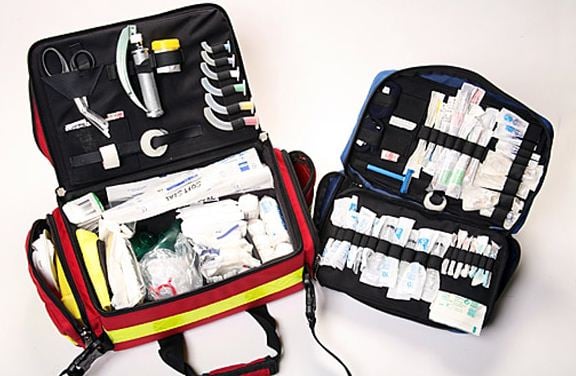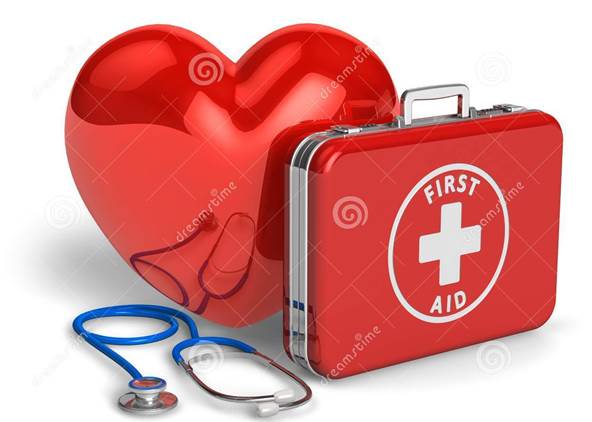If you need medical assistance, a hotel, embassy or
consulate can usually recommend a local doctor or clinic.
Australia has reciprocal healthcare agreements with several
countries (see the Department of Human Services website), which means as an
Australian resident you are entitled to access their public health systems for
urgent treatment. This is not a substitute for travel insurance and you may
still be charged as a private patient. Also, the cost of tests and medicines
may not be covered.
Emergency assistance
Most insurance companies provide emergency assistance for
their policyholders. Services include toll-free, 24-hour emergency advice and
assessments about whether the treatment you will receive in a country will be
safe and/or adequate. If you are admitted to hospital, notify your insurance
company as soon as possible.

If you need
medical assistance, a hotel, embassy or consulate can usually recommend a local
doctor or clinic.
When things go wrong
The Australian Government can help if you find yourself in
trouble overseas, but there are limits to what it can do (see the Smartraveler
website for details). For consular assistance you can contact the relevant
Australian Embassy, High Commission or Consulate. Australia also has an
agreement with Canada to provide consular assistance to Australians in some
countries.
Medical kits
You should always take a medical kit when you travel. Some
pharmacies can help you put one together, and organizations that specialize in
travel health will put together a kit for your specific needs.

You should always
take a medical kit when you travel.

Put a kit for your
specific needs.
Contents of a basic medical kit
First-aid items:
·
Adhesive tape
·
Antiseptic wound cleanser or alkaline soap
·
Bandages
·
Scissors
·
Safety pins
·
Emollient (lubricant) eye drops
·
Insect repellent
·
Insect bite treatment
·
Antihistamine tablets
·
Nasal decongestant
·
Oral rehydration salts
·
Sterile dressing
·
Simple analgesic (e.g. paracetamol)
·
Clinical thermometer
·
Sunscreen
·
Earplugs
·
Tweezers
·
Adhesive strips to close small wounds
Additional items according to destination and individual
needs:
·
Medication for pre-existing medical conditions
·
Antidiarrheal medication (to include an antisecretory agent, an
antimotility drug, oral rehydration salts, with appropriate written instructions
regarding their use)
·
Antibiotics targeting the most frequent infections in travelers (e.g.
traveler’s diarrhea, and infections of skin and soft-tissue, respiratory tract
and urinary tract)
·
Antibacterial ointment
·
Antifungal powder
·
Antimalarial medication
·
Mosquito net and insecticide to treat fabrics (clothes, nets)
·
Adequate supplies of condoms and oral contraceptives
·
Sterile syringes and needles
·
Water disinfectant
·
Spare eyeglasses and/or spare contact lenses (and solution)